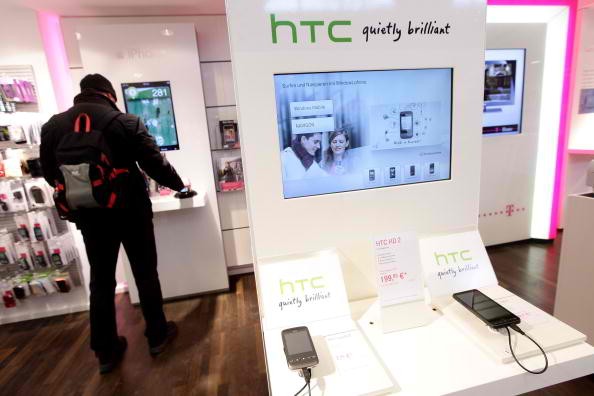The partnership will enable Alibaba Cloud to be used by HTC for its virtual reality unit and for selling the HTC Vive headset.
The headset can convert a room into a 3D space through its sensors and enable the user to navigate a virtual reality. The unit comes with motion tracked handheld controllers.
Through Alibaba, HTC intends to strengthen awareness and demand for virtual reality devices. In April, the Taiwanese company invested $100 million for startup entities and launching of 10,000 HTC Vive demo stores across China.
Ge Jin, Alibaba's cloud business architect director, in a statement, said, "Cloud computing has continuously broken the boundaries of what we thought possible, accelerating the rate of innovation."
The statement also said that "the partnership between Alibaba Cloud and HTC will bring two of the world's most disruptive technologies together to bring more value to businesses looking to leverage VR and cloud."
HTC's director also predicted that the partnership "will accelerate the development of VR technology in China and encourage widespread, global adoption."
The recently launched VR apps store will be available in Alibaba Cloud. Various uses of the device include video streaming and a VR messenger.
However, for the user to use the Vive, a big amount of bandwidth is required as well as a high-powered PC.
HTC has received acclaim for the Vive. The company was awarded 22 CES Awards given by the Consumer Technology Association (CTA).
CES Awards are given to companies in recognition for "outstanding product design and engineering", according to the CTA website.
Alibaba has been the dominant provider of cloud services in China as foreign competitors like Amazon and Microsoft unable to compete. The two American companies have not maneuvered past the country's cyber security laws.



























